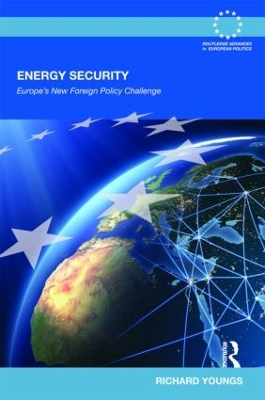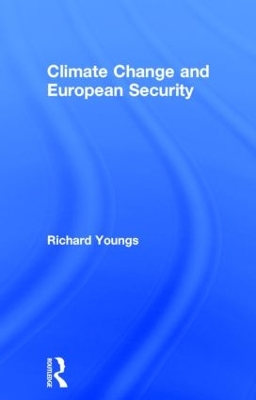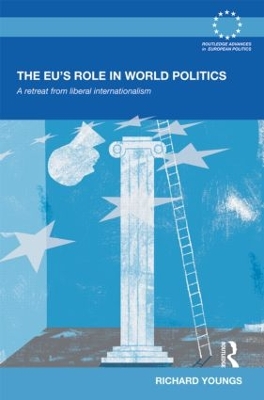Routledge Advances in European Politics
1 primary work • 3 total works
Book 53
The geopolitics of oil and gas have made a spectacular return to the international political agenda. The European Union (EU) has recognized the importance of incorporating energy security more systematically into foreign policy. It has committed itself to pursuing an energy security policy based on market interdependence, European unity and long-term governance improvements in producer states. In offering the first broad, global assessment of the foreign policy dimensions of EU energy security, this book considers how far these commitments have been implemented.
Examining how the EU’s general approach to energy security has played out in the specific political contexts of different countries and regions, distinctive features of the book include:
- a thorough analysis of current EU strategies towards energy security, assessing the EU as an international actor
- a key focus on the governance structures of producer states including the Middle East; Russia, Central Asia and the Caspian, and Sub-Saharan Africa
- a major addition to debates surrounding markets and geopolitics, informing both international relations and international political economy
This book will be of interest to students, scholars and policy makers in the fields of European/EU Politics, energy politics, foreign policy and International Relations.
It is now commonly asserted that climate change will fundamentally change international relations. It has been predicted that global warming will increase conflict within and between states, intensify food insecurity, menace the global trading system and unleash waves of migration. As a result governments are beginning to incorporate these warnings into their foreign policy initiatives. The appropriateness of their incipient responses needs to be examined in finer detail.
This book looks at the impact of climate change on European Union (EU) security policy. It explores how governments are reconfiguring their geo-strategy and broader international relations in the wake of climate change warnings. The book demonstrates that although many aspects of EU foreign policies have begun to change, 'climate security' is not yet accorded unequivocal or sufficient priority. In doing so, Youngs argues that if climate change policies are to have significant effect they can no longer be treated as a separate area of policy but must be incorporated into the more mainstream debates pertinent to EU common foreign and security policy (CFSP).
This book will be of key interest to students, scholars and practitioners of climate change and policy, energy and environmental policy, EU governance and foreign policy, European studies, international relations, geography, security studies/policy and environmental economics.
Debates on EU foreign policy have been dominated by two opposing schools of argument. One includes a broad range of work that extols the virtues of a European liberal concept of power and the other sees the EU’s commitment to cosmopolitan liberalism and soft power as a sign of weakness rather than strength.
This book judges the EU on its own terms as a liberal power, examining its policy record, rather than simply asserting that the EU’s liberal commitments in themselves denote either a superior or inferior foreign policy approach. Youngs argues that the challenges facing Europe’s role in the world appear to be in its retreat from liberal internationalism through a series of case studies on policy areas: trade, multilateral diplomacy, security, development cooperation, democracy and human rights, and energy security. Presenting detailed evidence that show the EU is moving away from cosmopolitan strategy, Youngs asserts that Europe needs to reassess its foreign policies if it is to defend the kind of liberal world order necessary for its own and other countries’ long term interests.
This book will be of strong interest to students and scholars of European politics, Foreign Policy and International Relations.


